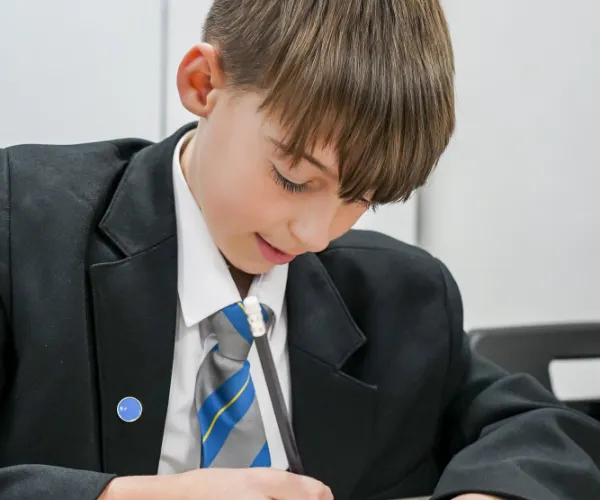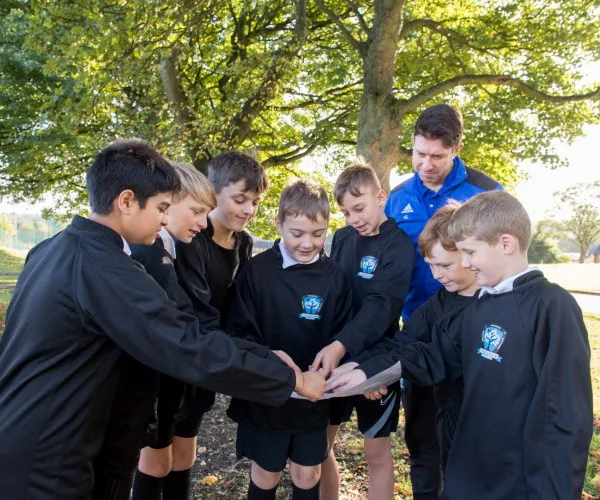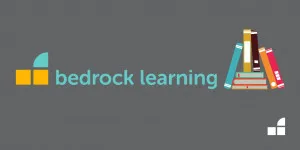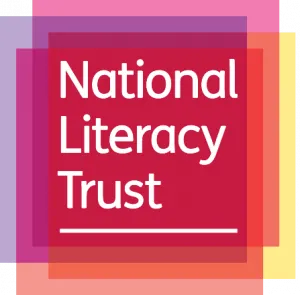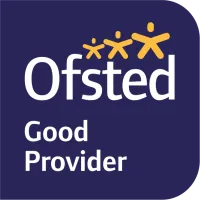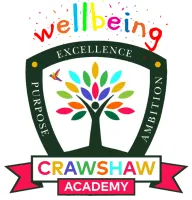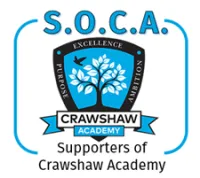Reading as a teen leads to success. When teens read more than just their school work, research clearly shows that they generally do well in school. First of all, the extra reading expands their vocabularies. It also shows them how different writers put down their thoughts leading to better writing skills. And teens who read more serious literary works gain skills in handling complex ideas. The more teens read, the more information they pick up. This leads to a solid core of knowledge that is useful in a wide variety of classes.
Besides helping teens do well in school, reading also helps them expand their horizons as they learn more about people and the world. Plus, reading can show teens that everyone has problems in his or her life and may even help teens see solutions to their own problems. Finally, reading is enjoyable. It can bring a great deal of pleasure to teens.
Parents can encourage their children to stay involved with reading by expressing interest in what they are reading and tying it to other activities. If a teen is fascinated by racing stories, try to take the child to a race. If a teen likes a book that has been turned into a movie, make sure he or she sees the movie.


